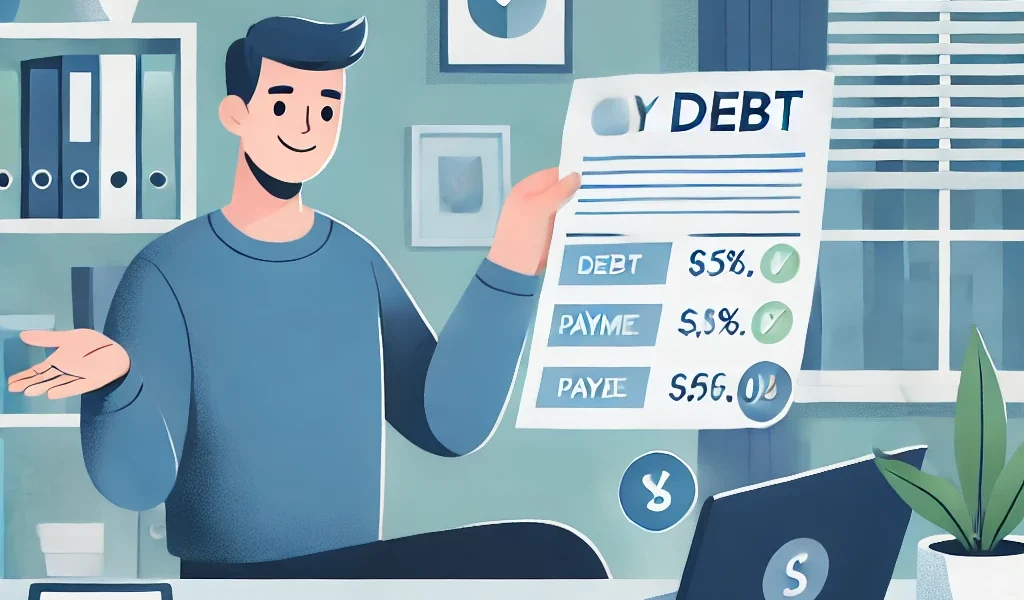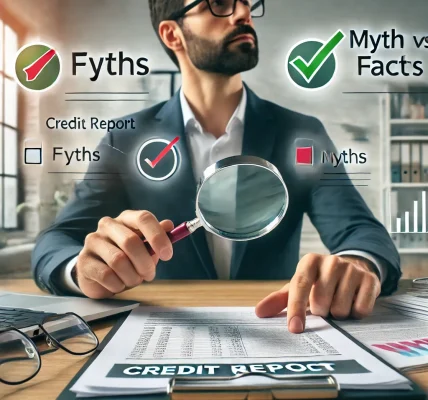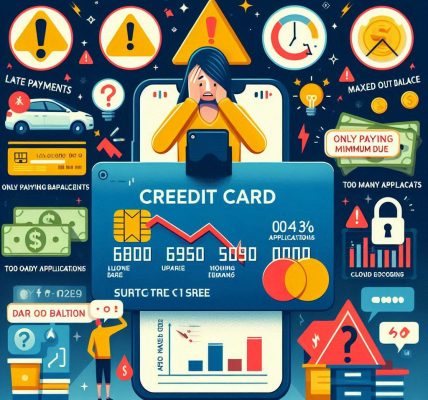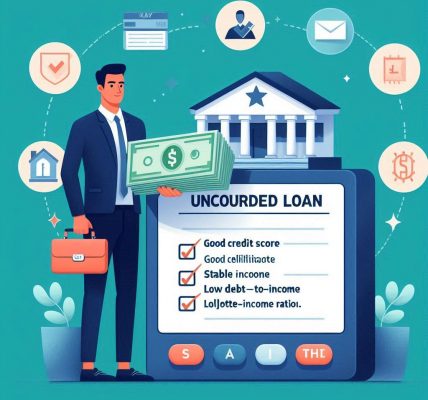Introduction
Debt can feel overwhelming, but filing for bankruptcy is not the only option. While bankruptcy might provide relief, it can also have long-term financial consequences. Fortunately, there are several legal and effective alternatives to get out of debt without resorting to bankruptcy.
In this guide, we will explore the best legal strategies to manage and eliminate debt while protecting your financial future.
1. Understanding Your Debt Situation
Before choosing a debt relief strategy, it’s crucial to assess your financial situation. Here’s how:
- List all debts (credit cards, personal loans, medical bills, etc.)
- Note interest rates and minimum payments for each
- Calculate total monthly income and expenses
This will help you determine which repayment method is best for you.
2. Debt Snowball vs. Debt Avalanche Method
These are two of the most effective self-managed debt repayment strategies:
Debt Snowball Method
- Focuses on paying off the smallest debts first while making minimum payments on others.
- Once a small debt is paid, roll the payment into the next smallest debt.
- Motivates you with quick wins and builds momentum.
Debt Avalanche Method
- Prioritizes debts with the highest interest rates first.
- Saves more money on interest over time.
- Ideal for those who want to minimize total repayment cost.
3. Debt Consolidation Loan
A debt consolidation loan combines multiple debts into a single loan with a lower interest rate. This simplifies repayment and can reduce overall costs.
Pros:
- One fixed monthly payment
- Lower interest rates than credit cards
- Can improve credit score if payments are made on time
Cons:
- Requires a good credit score for the best rates
- May extend the repayment period
4. Credit Counseling and Debt Management Plans (DMPs)
A credit counseling agency can help create a structured Debt Management Plan (DMP), which involves negotiating lower interest rates and setting up an affordable repayment plan.
Pros:
- Reduces interest rates and monthly payments
- Single monthly payment to the agency
- Helps improve financial discipline
Cons:
- Some agencies charge fees (choose a nonprofit agency)
- Requires closing credit card accounts, which can impact credit score temporarily
5. Negotiating with Creditors for Lower Payments or Settlements
If you’re struggling to make payments, consider negotiating with your creditors. Options include:
- Lower Interest Rates: Request a lower interest rate to reduce monthly payments.
- Settlement Offers: Some creditors may accept a lump sum payment for less than the total owed.
- Extended Payment Plans: Ask for a longer repayment term to make payments more manageable.
Important: Get any agreement in writing before making payments.
6. Using Balance Transfer Credit Cards
A 0% APR balance transfer card can help consolidate credit card debt with no interest for a promotional period (usually 12-24 months).
Steps to use it effectively:
- Transfer high-interest credit card balances to a 0% APR card.
- Make monthly payments to pay off the balance before the promotional period ends.
- Avoid making new purchases on the balance transfer card.
7. Increasing Income and Reducing Expenses
Boosting income and cutting unnecessary expenses can free up cash for debt repayment.
Ways to Increase Income:
- Freelancing or side gigs
- Selling unused items
- Asking for a raise or overtime work
Ways to Reduce Expenses:
- Cutting subscriptions and luxury expenses
- Cooking at home instead of eating out
- Using budgeting apps to track spending
8. Seeking Legal Debt Relief Options
If you are struggling with severe debt, consider legal alternatives such as:
- Debt Settlement Programs – Professional firms negotiate with creditors to reduce the debt amount owed.
- Statute of Limitations on Debt – Some debts may expire after a certain period (varies by state).
- Consumer Protection Laws – Laws prevent aggressive debt collection practices; know your rights.
9. Avoiding Debt Relief Scams
Be cautious of companies promising “instant debt relief” or demanding upfront payments. Always verify companies through:
- Better Business Bureau (BBB)
- National Foundation for Credit Counseling (NFCC)
Conclusion
Getting out of debt legally without filing for bankruptcy requires patience and discipline. Whether you choose a debt repayment method, negotiation, consolidation, or professional assistance, each strategy has its benefits.



